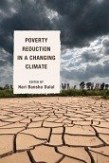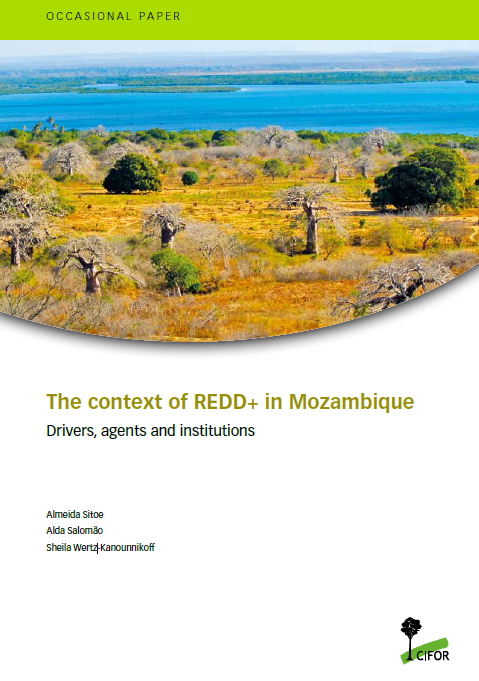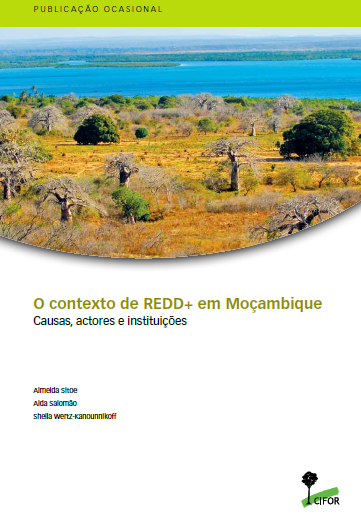Focal point
Location
The Center for International Forestry Research (CIFOR) is a non-profit, scientific facility that conducts research on the most pressing challenges of forest and landscapes management around the world. With our global, multidisciplinary approach, we aim to improve human well-being, protect the environment, and increase equity. To do so, we help policymakers, practitioners and communities make decisions based on solid science about how they use and manage their forests and landscapes.
Capacity building, collaboration and partnerships are essential to finding and implementing innovative solutions to the challenges that the globe faces. We are proud to work with local and international partners. We are a member of the CGIAR Consortium and lead the CGIAR Research Program on Forests, Trees and Agroforestry.
Our headquarters are in Bogor, Indonesia. We have offices in 8 countries across Asia, Latin America and Africa, and we work in more than 30 countries. Contact us for more information.
Resources
Displaying 191 - 195 of 808The biodiversity conservation: an effective mechanism for poverty alleviation
The context of REDD+ in Mozambique - Drivers, agents and institutions
This study offers an overview of the REDD+ (Reducing Emissions from Deforestation and Forest Degradation in Developing Countries) context in Mozambique through a synthesis of current knowledge about the causes of forest carbon changes, a review of the legal and institutional context and a description of the current political process of REDD+.
O contexto de REDD+ em Moçambique Causas, actores e instituições
Este estudo fornece uma visão geral do contexto de REDD+ em Moçambique através de uma síntese do conhecimento actual das principais causas da mudança de carbono florestal, uma revisão do quadro legal e institucional, e uma descrição do processo político actual de REDD+. O objectivo é reunir dados e informações pertinentes, e oferecer uma análise preliminar dos aspectos fundamentais a ter em conta para políticas de REDD+ eficazes, eficientes e equitativas.






